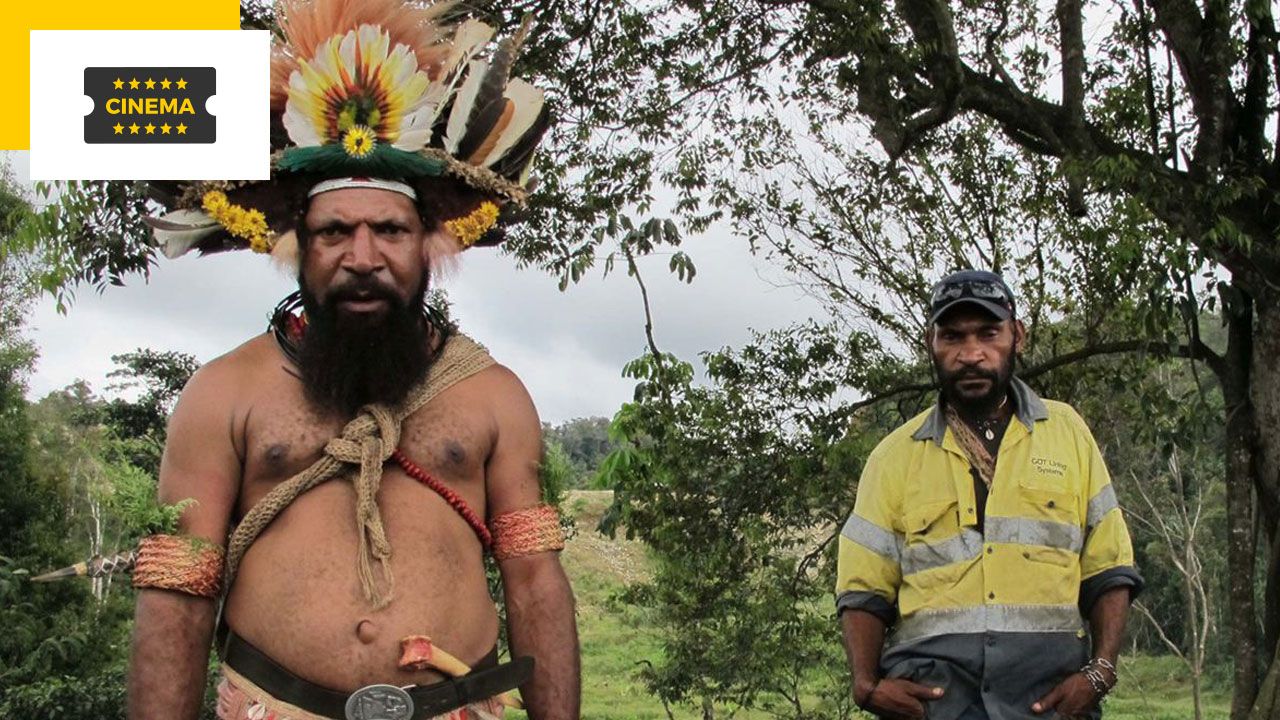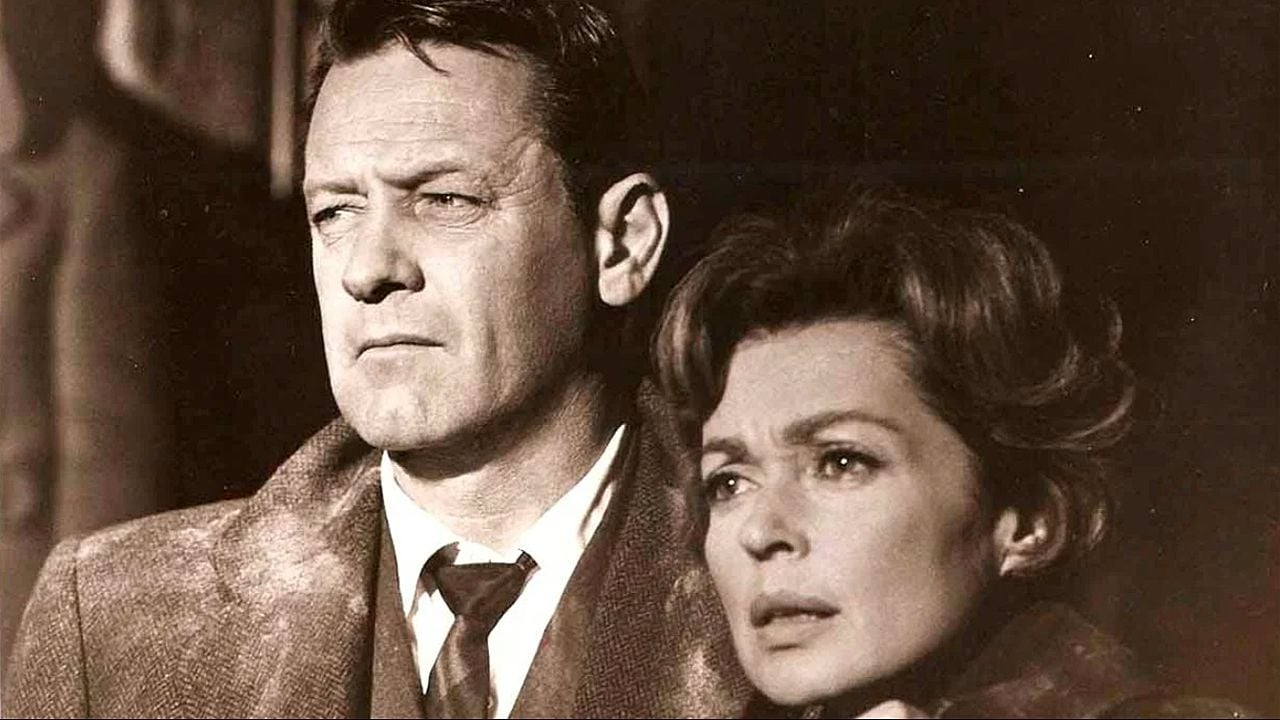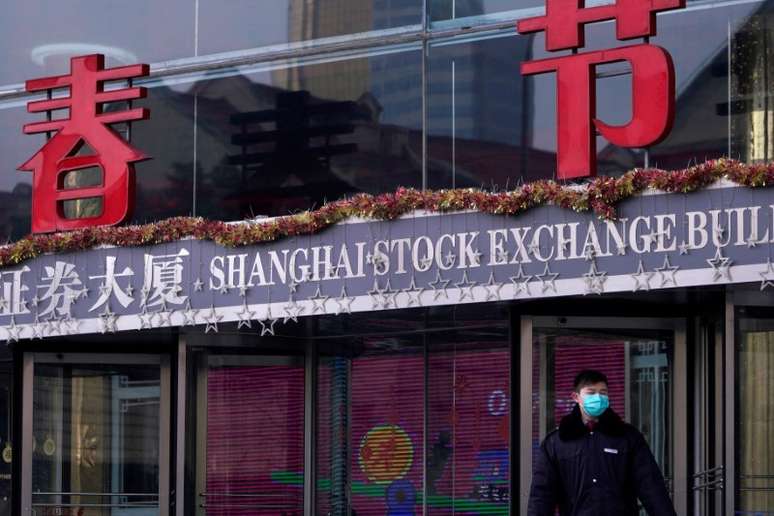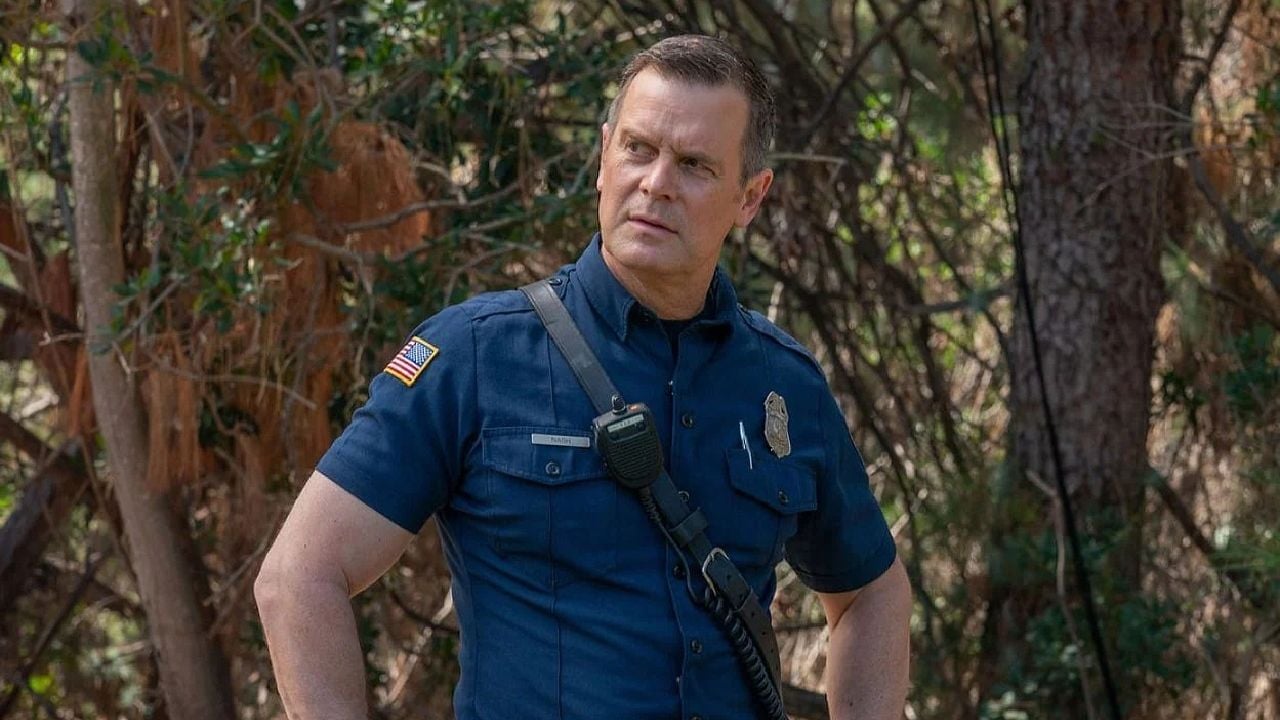Celine Rousey’s documentary “140 km West of Heaven” is released in our cinemas today.
Celine Rouze’s documentary 140 kilometers west of paradise takes place in the heart of Papua New Guinea. The highlands attract tourists who want the exotic, but above all unscrupulous foreign oil companies.
Every year, tribes are paid to dance and decorate tour buses, and families give their land to companies like ExxonMobil, which promises to build schools and hospitals in return. But nothing comes.
Caught between rival tribes, greedy politicians and one of the most powerful multinational corporations on the planet, the Hull family feel the earth shift beneath their feet. As the tourists turn their lenses to the mindless dances, miles away, the world quietly fades away.
Celine Roux has always dreamed of living in the jungle. After studying journalism, he traveled to Papua New Guinea for the first time.
In the press conference of the film, the director explains:I thought I could instantly understand and love this country, but in reality the experience was very difficult. I understood the violence and the difficulty of the place. Even if I had other wishes, I was not going to study there as a tourist and not understanding the language.”
A movie about broken promises.
After several trips as a radio documentarian for France Culture and France Inter, he became interested in a small mining town lost in the jungle, west of Papua New Guinea. Celine Rousey recalls:
“JThere I met a young woman who looked at me with admiration and resentment, which really bothered me. He said he wanted to be white people like us, rich, sophisticated and vectors of progress.
This devaluation marked me, and this look of envy on us seemed completely absurd and abnormal.
It was then, in 2010, that I heard about the ExxonMobil project. They decided to exploit natural gas in the highlands. I was told that the company was going to wash the region for millions.
I wondered what impact that much money would have in a tribal society that didn’t work at all the way we do. In order to make the film, I had to understand the subject clearly. So for the first time I wrote an article for Le Monde Diplomatique and made another radio documentary.
In the end, no money came into the region, and it became a film about expectations and promises.“
This fascinating documentary shows how Polynesian culture is being undermined by the oil industry and Western tourists in search of ‘authenticity’. A biased image of a people forced to caricature in order to survive in their own land.
140 km west of Paradise Today we have to discover in our dark rooms.
Source: allocine
Emily Jhon is a product and service reviewer at Gossipify, known for her honest evaluations and thorough analysis. With a background in marketing and consumer research, she offers valuable insights to readers. She has been writing for Gossipify for several years and has a degree in Marketing and Consumer Research from the University of Oxford.






